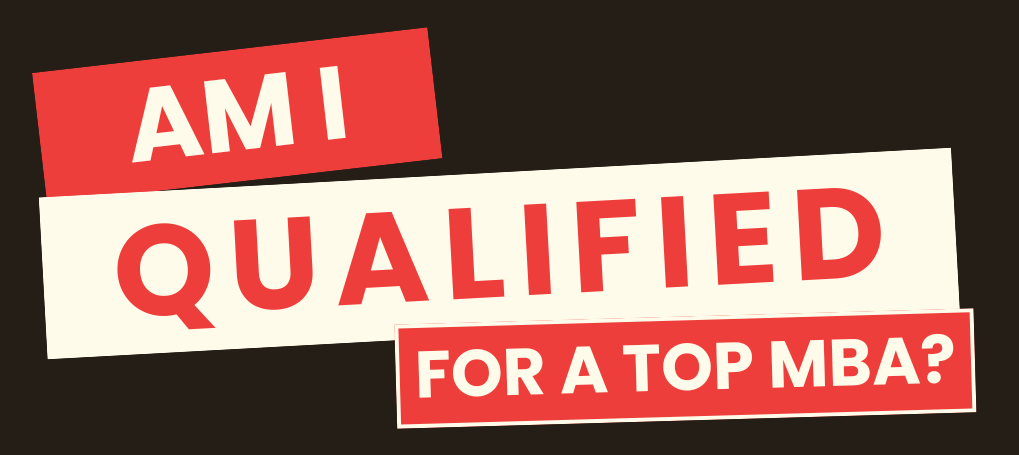This year’s MBA application prompts are out, which means it’s time to start brainstorming what your topics will be. Wondering where to start, what to write? No worries, we have all the tips you need to get a nice start on writing a quality essay for Columbia Business School.
At Menlo Coaching, we noticed that most MBA essays will fall into one of a number of categories: personal essays, career goals essays, behavioral essays, etc. Read ahead for our expert guide on approaching these essays for Columbia Business School.
- What is your immediate post-MBA professional goal? (50 characters)
- Through your resume and recommendation, we have a clear sense of your professional path to date. What are your career goals over the next 3 to 5 years and what is your long-term dream job? (500 words)
The Phillips Pathway for Inclusive Leadership (PPIL) is a co-curricular program designed to provide students with the skills and strategies needed to develop as inclusive leaders. Through various resources and programming, the goal is for students to explore and reflect during their educational journey on the following five inclusive leadership skills: Mitigating Bias and Prejudice; Managing Intercultural Dialogue; Addressing Systemic Inequity; Understanding Identity and Perspective Taking; and Creating an Inclusive Environment.
- Describe a time or situation when you had the need to utilize one or more of these five skills, and tell us the actions you took and the outcome. (250 words)
- If you wish to provide further information or additional context around your application to the Admissions Committee, please upload a brief explanation of any areas of concern in your academic record or personal history. This does not need to be a formal essay. You may submit bullet points. (Maximum 500 Words)
Additional Short-Question for January-Entry Term
Why do you prefer the January-entry term? (50 characters maximum)
Examples of possible responses:
- “Work in business development for a media company.”
- “Join a strategy consulting firm.”
- “Launch a data-management start-up.”
If you are a reapplicant to Columbia Business School, you can also find a section on the reapplicant essay.
Applying to Columbia Business School
Conveniently located in New York City, CBS is committed to creating a learning sphere influenced by the current global business environment, which helps develop the students’ skill to create an opportunity in any situation. Through the story you relate in your essay, the admissions council is looking to see if you reflect the same values that the school does. CBS is looking for students who are inspiring leaders, entrepreneurial, and dedicated to creating an intellectual community. The best way to represent that you possess those qualities is through the type of essay you choose to write.
The Career Goals Essay
You’re not the only one hoping you’ll have a job after you’ve graduated with your MBA. Admissions committees are looking for students who are motivated and clear in their intentions so that when they get a job post-grad, they’ll be more willing to speak positively of their experience in the program. And, of course, in the hopes that their alumni will earn enough money to become a donor to the school one day.
There are three aspects to the career goals essay:
- What you want your future profession to look like.
- Why an MBA is necessary to advance your career.
- Particularly, why a degree from CBS will be most beneficial to you and your job plan.
Your aspirations need to be convincing, ambitious, and realistic. Columbia Business School is looking for applicants who have meaningful goals grounded in their past experiences, and it’s important that you relate that notion in your essay, however it applies to your experience in life.
The Columbia MBA Leadership Essay
Introduced in the 2023-2024 application cycle, Columbia’s Phillips Pathway for Inclusive Leadership (PPIL) essay aims to evaluate candidate’s based on their track record surrounding inclusive leadership.
In this essay, CBS wants to understand your values as a leader and get to know how your leadership style and background will add to the Columbia Business School MBA class.
It’s important, in this essay, to clearly describe a specific situation, the actions you took, and the results of these actions—as well as what you learned from the experience. Were there setbacks or challenges? Were your team all willing and able to facilitate your vision? How did management feel about your actions?
You can also use this essay to highlight aspects of your profile that you haven’t gotten to mention before—if you’re a passionate and talented rower, for example, maybe you could speak about a time when you steered your team to victory by making sure everyone felt included.
Optional Essay
In addition to these essay types, Columbia Business School also offers applicants the opportunity to write an optional essay to expand on gaps in your resume or other potential weaknesses in your record. Keep in mind that this essay is meant as an addition, so try to keep it short and concise.
The Reapplicant Essay
For reapplicants, Columbia Business School requires a specific essay in which you can address how your application has improved since your last application. In this essay, you can address any improvements to your test scores, promotions at work, additional volunteer or community work, or any significant professional development that you have undertaken since you last applied to the program.
Timing is key for reapplicants, and when you’re applying for an MBA program a second time around, you want to be sure that you are a more qualified and desirable client than you were a year ago—even if your application was stellar the first time.
Conclusion
Writing strong, coherent, genuine stories is an essential part of your MBA application. These essays are meant to help you stand out among many other applicants, so it is worth your time to do the work and write about situations unique to your life and that you truly learned from. Working with an MBA consultant can help you improve your MBA essays for Columbia Business School.


